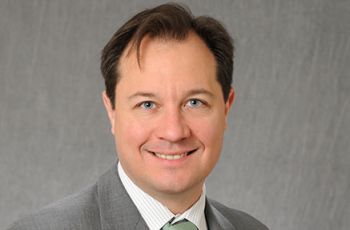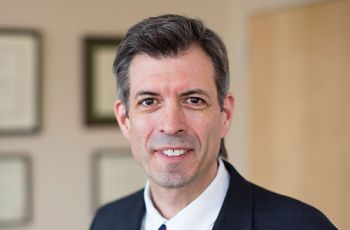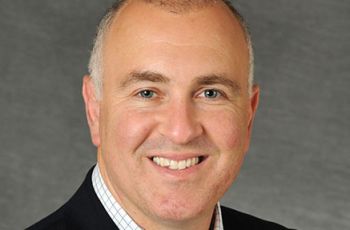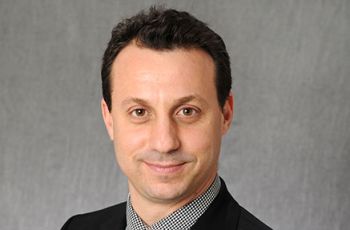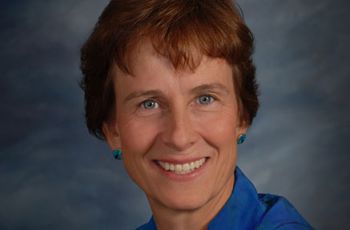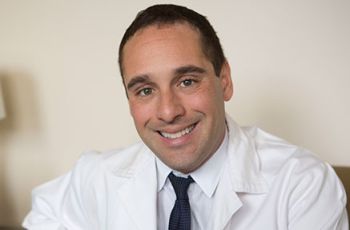Faculty in the Media
Jesse Pines, M.D., associate professor of emergency medicine, spoke to HealthLeaders Media on new government data collected to determine national emergency department wait times.
Daniel Lieberman, M.D., professor of psychiatry and behavioral sciences, was featured by Pixels & Pills on his new mHealth software designed to help primary care doctors treat psychiatric illnesses.
MSNBC did a segment on the importance of patient navigators, referencing a 2012 study from the GW Cancer Institute stating that women who used navigation services received potentially life-saving diagnosis much faster than those who did not.
Scott Shapiro, M.D., assistant professor of medicine, was interviewed by WTOP for a week-long series of reports on caffeine and its effect on the body.
Andrew Meltzer, M.D., assistant professor of emergency medicine, was interviewed on RadioMD about his new research on the use of capsule endoscopy by emergency physicians for suspected acute upper gastrointestinal bleed, potentially saving the healthcare system billions of dollars.
Christina Puchalski, M.D. '94, RESD '97, founder and director of the GW Institute of Spirituality and Health, spoke to dailyRX about the importance of palliative care.
NBC4 featured Denice Cora-Bramble, M.D., professor of pediatrics, who was named the first female chief medical officer of Children’s National Medical Center.
Barbara Walters recounts her recent health issues on The View, thanking Michael Olding, M.D., professor of surgery, and Bruce Abell, M.D., assistant professor of surgery, for their remarkable work.
Charles Samenow, M.D., assistant professor of psychiatry and behavioral sciences, was interviewed by Kaiser Health News about his experience treating physicians with behavioral problems. This story was featured in The Washington Post and The Huffington Post.
Eric Hoffman, Ph.D., professor of pediatrics, was interviewed by CBS News on his experience treating Duchenne muscular dystrophy, which is one of the most common of the orphan or rare diseases.
